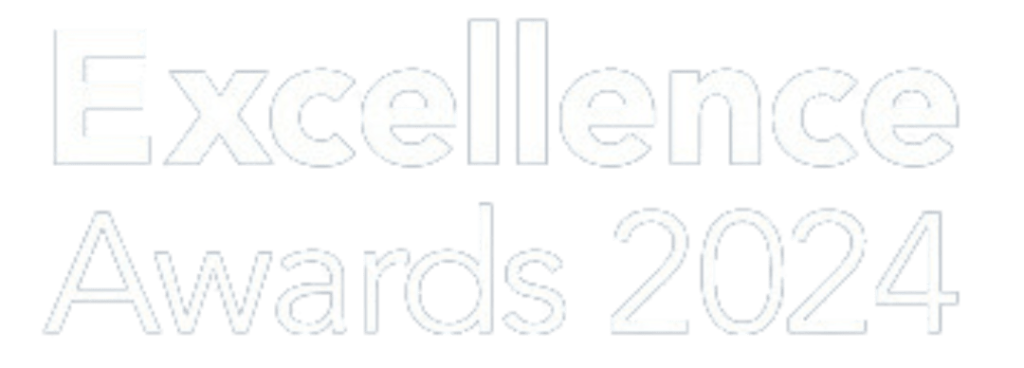Honest is committed to sustainability and ethical business practices. Our values are reflected by the clients we work with, many of which are in the gardening and sustainability space. On a personal level too, the Honest team are nature lovers and we share a desire to live as sustainably as we can, to support the natural world around us.
To further our understanding of how Honest can be more sustainable, Rosie recently completed the Sustainability and Inclusive Leadership (SAIL) course with Nottingham Trent University. In this post, she shares some of what she learned, and the ways we’re putting sustainability into practice at Honest.
Carbon footprints
One of the most surprising things I found out on the SAIL course was about the origins of the carbon footprint! It’s not something I’d ever really considered before – the idea of having a carbon footprint is so ingrained into how we think about our personal impact on the environment. The idea of a carbon footprint was actually something introduced by BP, to refocus the responsibility for carbon emissions on individuals rather than on the enormous fossil fuel company. It’s an example of very clever (although somewhat sinister) PR!
Nevertheless, it’s become a useful shorthand for measuring and talking about personal environmental impact. If you’re curious about working out your personal carbon footprint, try this calculator.
At Honest, our carbon footprint is very low at the moment, with everyone working from home and not travelling to meetings! However, in ‘normal’ times, we can easily spend a lot of time on the road visiting our clients who are based all over the UK (and even across Europe) – but having more virtual meetings is definitely something we’re going to be continuing after lockdown ends to help reduce our impact on the planet, although it’s vital to have some real life connection sometimes.
Carbon literacy
You might be wondering what exactly carbon literacy means. It’s ‘an awareness of the carbon dioxide costs and impacts of everyday activities, and the ability and motivation to reduce emissions, on an individual, community and organisational basis.’ The Carbon Literacy Project aims to educate people and inspire action to help create a low carbon culture. Fittingly, the project is headquartered in Manchester – the world’s first industrial city that was a driver for our dependence on CO2 heavy fossil fuels. Now, it will be leading the way towards a low carbon future.
The Carbon Literacy Project was recognised as such by the UN at COP21, in Paris, where it was awarded as a TAP100, one of 100 worldwide Transformative Action Programs.
As part of the SAIL course, I’m now certified Carbon Literate. I’ve shared what I learned on the course with the rest of the Honest team too, to give all of them a greater understanding of our personal and collective impacts on climate change. This understanding is something we bring into our work with clients, as well as our plans for the future growth of the agency.
B Corps
B Corporations are businesses that meet a high level of social and environmental performance, balancing both profit and purpose. The standard businesses must meet to become certified is high and companies must prove that they are creating positive impact for employees, communities and the environment. B Corps are part of a growing global movement of businesses being a driving force for positive change and helping to build a more sustainable economy.
We’re really proud to work with a B Corp – elho. elho’s pots are created using recycled plastics, using wind power. Its environmental credentials are really impressive! Another one of our clients Clean Living is working toward a B Corp certification too.
Oxenwood, another client, has recently pledged to give 1% of its total sales to climate change causes through 1% For the Planet – an initiative founded by Yvon Chouinard, Founder of Patagonia. 1% For the Planet encourages businesses to give 1% of revenue to combat climate change and ‘pay rent for the use of our planet’.
Small steps toward a big goal
The issue of tackling climate change is an enormous one. Education about the issue needs to be ramped up, and action needs to be taken. In his new book, How to Avoid a Climate Disaster, Bill Gates stresses the urgency of the issue but highlights that it is still achievable and that something can still be done. He points to a headline figure of 51bn tonnes of greenhouses gas that are emitted globally each year and proposes the goal to reduce this to net zero by 2050. Quite the challenge, but achievable if we all do our bit.
The future we all face can seem overwhelming when faced with unfathomably enormous numbers like that. All we can do is strive to do our part and try to inspire others to do the same.
At Honest, sustainability is something we’re all passionate about and it’s at the forefront of how we operate. Many of our clients are pioneers for sustainability in their industries and we’re committed to becoming a force for good as we grow.
Inspired by the SAIL course and our clients, we have begun the process of working towards our very own B Corp certification at Honest and we’re working on doing everything we can to make sure our business does its best for employees, our community and the environment. Becoming a B Corp isn’t easy and it will be a long journey, but we’re learning as we grow and doing all we can to keep on track!





